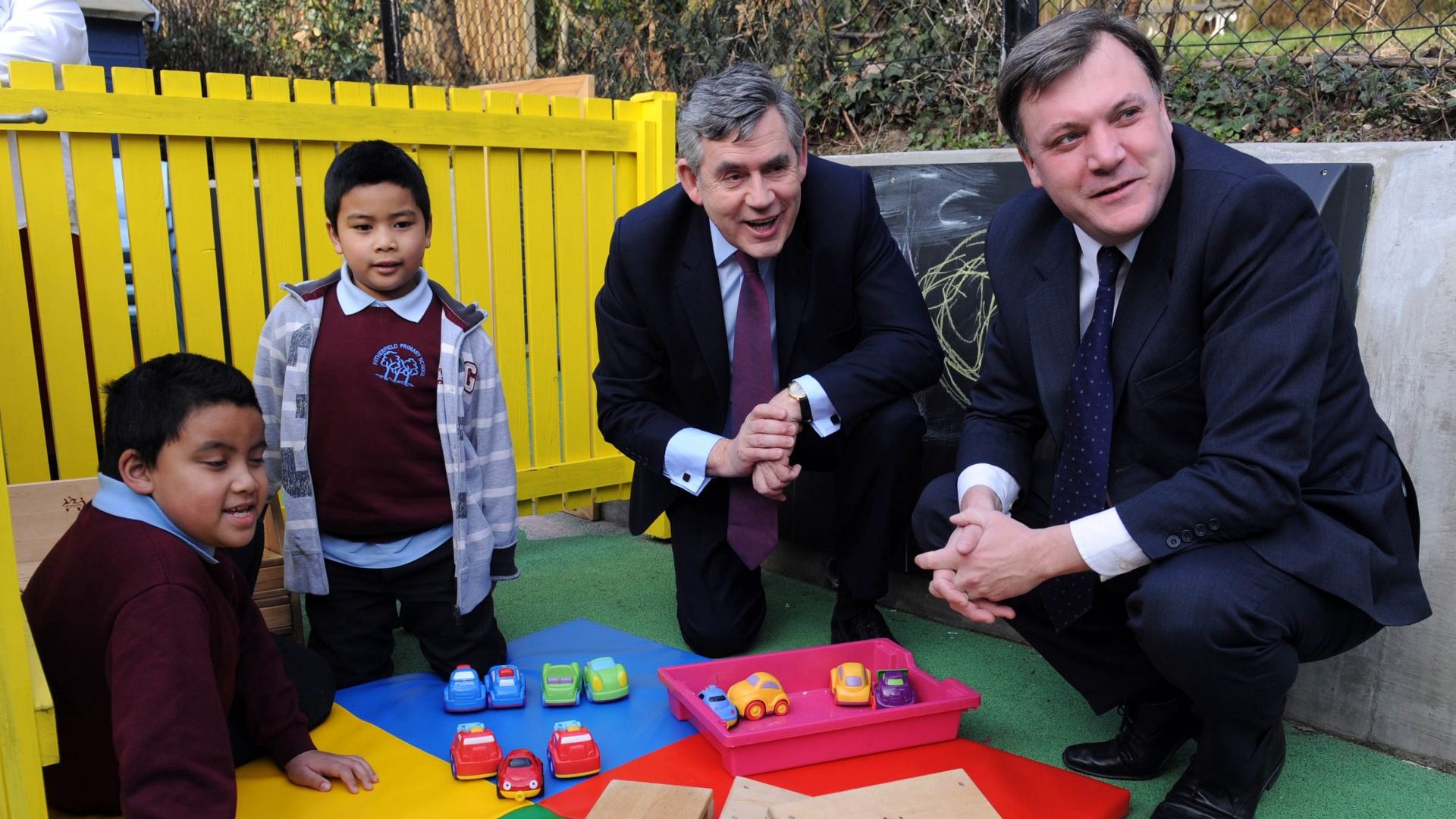The Labour government has, in the run-up to its first budget, been successful in at least one mission – albeit not one of the five it used to write its manifesto. It has managed to lower the country’s expectations as to what it can do in terms of actually making things materially better in the near future.
If anything, they may well have overshot. Yes, we understand that money’s too41 tight to mention and that taxes are clearly going up, despite the elaborate political gymnastics the party engaged in to suggest otherwise pre-election. But it is starting to reach the point where some people are wondering why Labour wanted the job of governing in the first place if it’s all so apparently hopeless.
In other words, it might be time for the occasional spoonful of sugar to sweeten the shovels of medicine the nation is being asked to swallow. A repeal of the two-child benefit cap, for example, is still the cheapest and most effective way to raise hundreds of thousands of children out of poverty at a stroke – but at a cost of £2-3 billion a year is unlikely to be included in this budget (though Labour MPs still hope it will come at some time next year).
Similarly, a revival of New Labour’s flagship and much lamented Sure Start policy – which this week was found by the Institute of Fiscal Studies to reduce youth offending, in addition to improving health and educational outcomes – would cost billions, and so remains unlikely to be given the nod by Rachel Reeves.
Here, though, there is a stroke of luck: there is a programme that bears passing resemblance to Sure Start – though not nearly as comprehensive – which is already being piloted in councils across England. Called Start for Life, it aims to join up advice, support and services for parents in the first 1,000 days of their child’s life. In practice, support is particularly focused on children under two, below the age at which free childcare provision kicks in.
This fills a huge gap in early intervention that successive governments negligently created: analysis by the Children’s Charities Coalition shows spending on early intervention fell by 44%, and now makes up less than one pound in five spent on children’s health – despite all the evidence showing early intervention is effective.
The programme is in place in half of England’s council areas at present, and the parent-infant teams involved say it has helped support potentially vulnerable children, for an annual cost of just £100 million. The problem is that because the funding is a pilot programme, it is set to expire after April – and Labour has not committed to renewing it.
This seems an obvious and easy course of action for a Labour chancellor who knows she cannot do anything as comprehensive as Sure Start just yet – she could at least extend the sticking plaster service to cover all of England (and so encourage devolved administrations to do similar), as the Parent-Infant Foundation is lobbying.
This would cost just £200 million a year, or around 0.02% of UK government spending. It’s barely even a drop in the ocean.
No-one is saying this will fix the long-term health and educational problems facing UK children – but it might at least help stop things getting worse. Labour needs to re-convince the public that it still intends to help fix the big problems in time. One way to do that is to start doing the smaller stuff right now.










